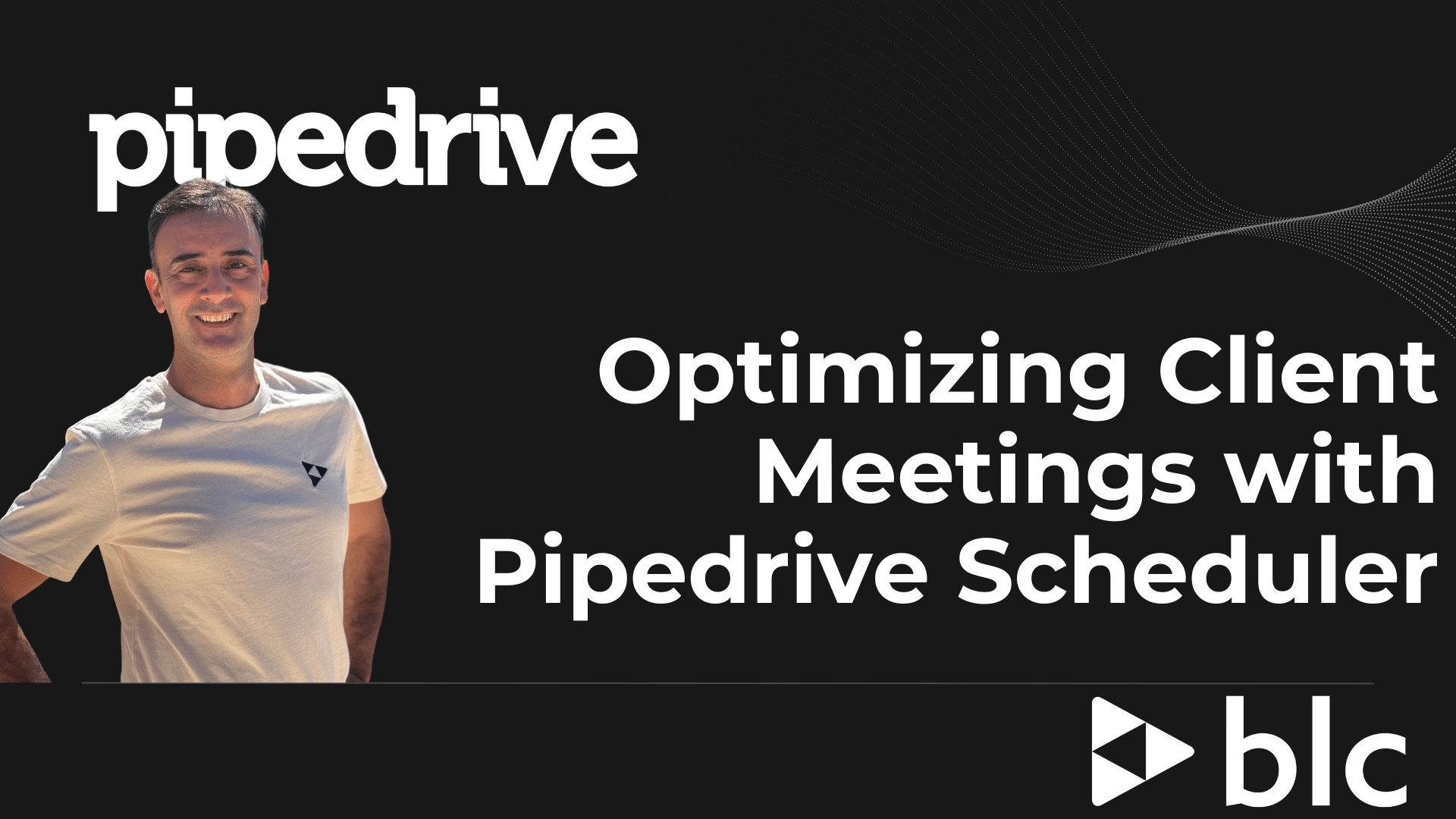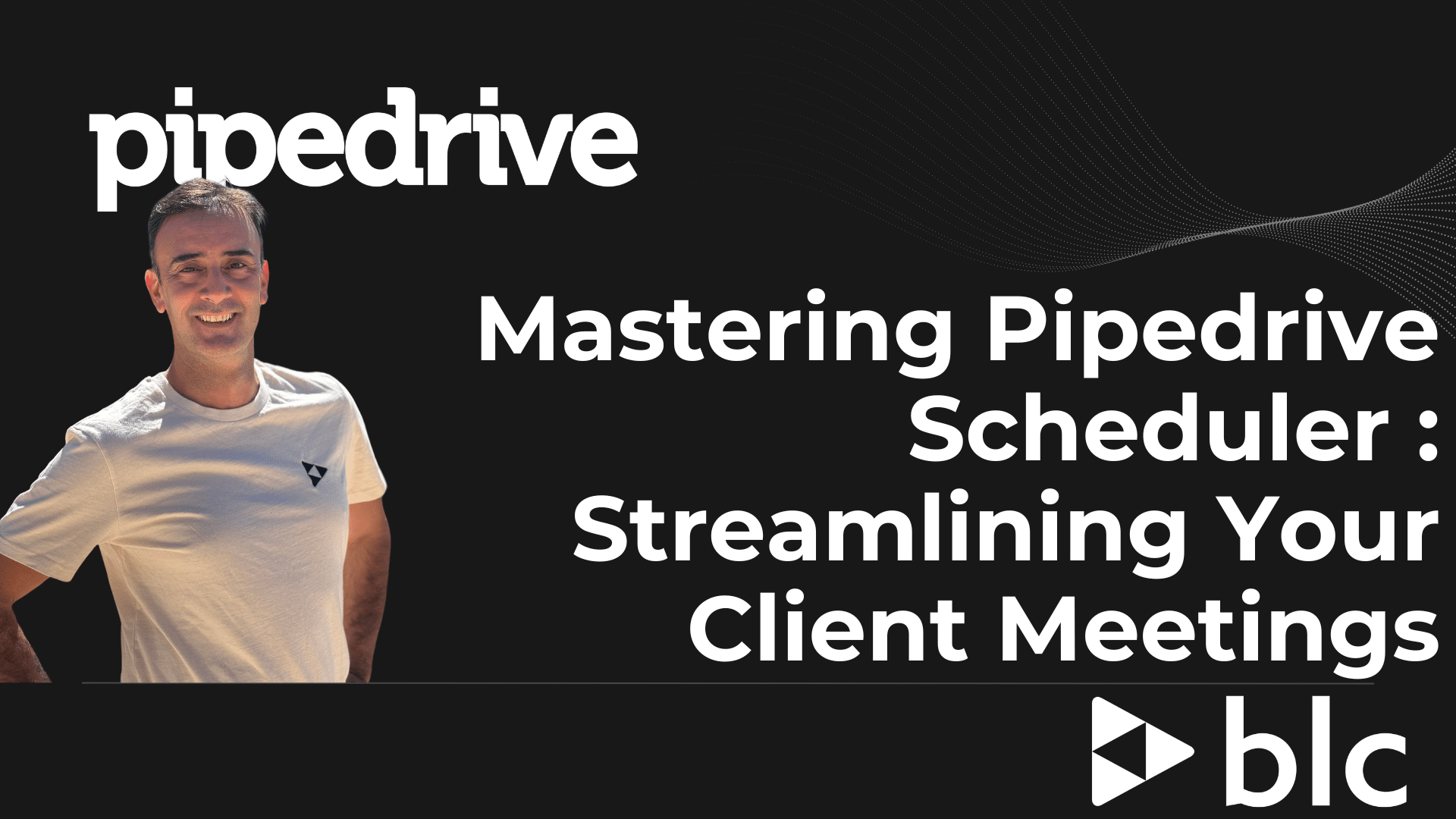How to make a good business meeting in 8 steps ?
1 – Prepare your commercial appointment
Before we start talking about the business meetings, we should take a step back and think of how we prep for it. We think this is the most important step.
If there is just one point you need to remember, this is it.
The goal will be to gather all the information that could be useful during the meeting.
Learn about the company.
It seems obvious, but believe me, not everyone takes the time to do it, it’s not professional and you’ll look bad.
You need to know everything you can about the company you are meeting with.
Not only will this provide you with information that can be useful to you during the meeting, but above all, the prospect will have the impression that you know their job. And that’s the most basic expectation they will have when they agree to book a meeting.
Learn about the industry
It goes back to the previous point. Learn about your prospect’s industry, it will be beneficial to you.
I am not telling you to be an expert, but simply to know the essential points.
This will prevent you from asking obvious or silly questions about the industry and you’ll sound like a more rounded professional.
Learn about your interlocutor
We agree that the idea is to find out about the prospect’s position in the company, not what he or she does on weekends.
(Don’t laugh, some do. 😨)
Thanks to this research, you will be able to know precisely what your prospect does on a daily basis in the company.
But it also allows you to be aware of the decision radius of the person. You might need to talk to someone else in the company.
Go for a « ride » on Linkedin for that.
2 – Just before the meeting : No stress
It’s D-day! You have just introduced yourself to reception and you are waiting for someone to come and greet you.
If you are prepared, there is no reason to panic.
Now is no longer the time to reread your presentation or to take a quick Google look at what the company is doing.
Don’t look at your emails, if you come across a nasty email it will put you in a bad mood.
Do not make calls or pick up, if the person you are talking to arrives while you are on the phone, either you will make them wait or you will have to hang up abruptly.
In both cases, it is not positive.
Sit back, breathe, and think about your next steps.
3 – During the meeting: Reminder of the context
Your interlocutor is here. You mentioned the weather and the hellish traffic as you walked into the meeting room. You will have to remind him or her the context of the appointment. It’s up to you to do this, it will save your interviewer from speaking first, no one likes it.
– What were the previous exchanges
– What is the general objective of the meeting
It can be very useful if there are other participants in the room who may not have been involved from the start.
4 – Lay out the plan of the commercial meeting
Then you will put down the plan of the meeting.
Point by point you will unfold the subjects you wish to discuss during the meeting.
This will allow you to validate that your plan is in line with what your prospect expects from the meeting.
Confirm with all the participants the time allocated to you, it is very important so
no one cuts you off in the middle of a presentation just because you didn’t ask how much time you have.
5 – Quick presentation of your company
Once the introduction is done, you will quickly introduce your company and the products/services you sell.
I said quickly! Because It’s not yet time to talk about you.
The most important thing is to collect information about your prospect, their project, needs, and what’s at stake.
6 – Discovery of needs and stakes
As I said just before, the most important thing during a sales meeting is all the information you are going to be able to collect.
We assume that you already know the company and its activity (Review point n°1: prepare your appointment).
But that’s not enough, your interviewer has plenty to tell you about their project, so let him/her speak.
This will allow you to know if your products/services meet their expectations.
“I have learned quite a bit about your company and your business, but I would like you to tell me more.”
Ask questions, be curious, take notes.
The mistake many salespeople make is to assume that their products/services are what the prospect needs.
Throughout the meeting, they will only talk about their product or service without taking the time to understand the prospect’s needs and stakes.
You have to think « customer benefit », the more information you have, the more precise and efficient you can be afterward.
During a good sales meeting, you speak 20% of the time maximum and the rest of the time you listen!
7 – Presentation of your products/services
Once you understand your prospect’s expectations and are confident that your products or services suit their expectations, you will be able to present your solution.
Be objective and don’t try to cover up weaknesses.
If your product does not meet one of the needs and you do not have a solution don’t hide it! Do not lie! Don’t be that kind of salesperson!
Be honest and it will necessarily be beneficial.
If you have any doubts about anything and need to do some research, mention it.
Write down everything you have to do at the end of the appointment.
8 – Conclusion
It is the end! Well done!
If you followed the steps, it must have gone well.
Either way you did your job, if the products or services do not match, that’s another topic. Might be related to a bad pre-sales qualification.
Depending on what you are selling, you may not necessarily be able to validate the project during this first appointment. If so, then that’s a win!
It’s time to conclude :
- Summarize what was said;
- Remind pending items that require a bit more research from your end;
- Plan the next step directly (do not leave a meeting without a date on the calendar)
- Thank your host for their time and leave with a smile 😃






